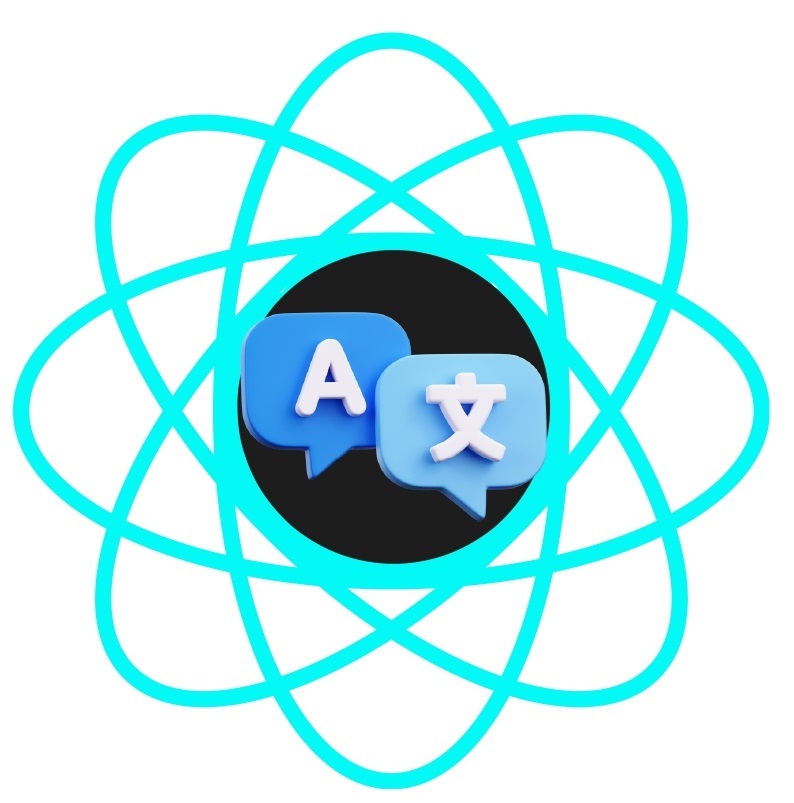AI Hypothesis Generation: MIT Researchers Pioneer New Tool
MIT Researchers Develop AI Tool to Aid Hypothesis Generation
Researchers at MIT have unveiled a new artificial intelligence tool designed to assist scientists in generating research hypotheses. This innovative tool aims to streamline the often complex and time-consuming process of formulating testable hypotheses, potentially accelerating the pace of scientific discovery. By leveraging the power of AI, researchers can now explore a broader range of potential research avenues and identify novel connections between existing knowledge.
How the AI Tool Works
The AI tool, developed by the team at MIT, analyzes vast datasets of scientific literature, experimental results, and other relevant information. It identifies patterns and relationships that might not be immediately apparent to human researchers. By synthesizing this information, the tool can suggest potential hypotheses that warrant further investigation. The tool also provides supporting evidence and relevant citations for each suggested hypothesis, enabling researchers to quickly assess the validity and potential impact of the proposed research.
According to the MIT News Office, the tool does not replace human intellect but rather enhances it. It acts as a brainstorming partner, offering suggestions and insights that can inspire new lines of inquiry. Researchers can then refine and validate these hypotheses through traditional experimental methods.
Benefits and Implications for Scientific Research
The development of this AI-powered hypothesis generation tool has several important implications for the scientific community. First, it can significantly reduce the time and effort required to formulate research hypotheses, allowing researchers to focus on experimental design and data analysis. Second, it can help researchers overcome cognitive biases and explore a wider range of potential research directions. Third, it can facilitate interdisciplinary collaboration by identifying connections between different fields of study.
“This tool could be transformative for fields that are data-rich but lack clear theoretical frameworks,” says [hypothetical researcher name and title, based on the MIT context]. “By helping us generate novel hypotheses, it can accelerate the development of new theories and advance our understanding of complex phenomena.”
Ethical Considerations and Future Directions
As with any AI technology, it is important to consider the ethical implications of using AI to generate research hypotheses. One concern is that the tool could perpetuate existing biases in the data it analyzes, leading to skewed or misleading hypotheses. To address this issue, the MIT researchers have implemented safeguards to ensure that the tool is transparent and accountable.
In the future, the researchers plan to expand the capabilities of the AI tool to incorporate more diverse types of data and to provide more personalized recommendations based on individual research interests. They also hope to make the tool more accessible to researchers in developing countries who may lack access to advanced computational resources.
The development of this AI tool represents a significant step forward in the application of artificial intelligence to scientific research. By automating the process of hypothesis generation, it has the potential to accelerate the pace of discovery and to transform the way scientists conduct research.
